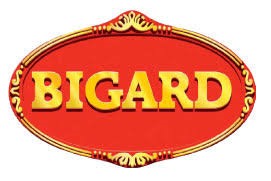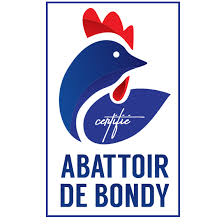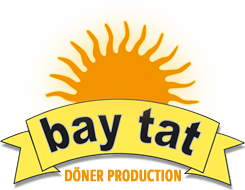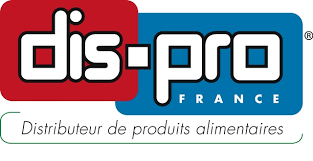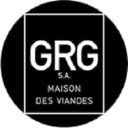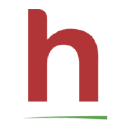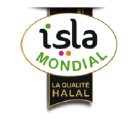Summary
As of 2020, the halal market continues to present significant growth opportunities globally, with the food segment, specifically halal meat, driving much of the expansion. The halal meat market in French supermarkets alone accounted for €337 million in sales, marking a 13.6% increase in volume and a 14.9% increase in value from the previous year. Poultry stands out as a leader within the food sector, with sales climbing to €133 million, up by 15.6%.
Among consumers, young urban Muslims and growing families are the primary buyers, with a considerable part of halal sales occurring in independent butcher shops rather than large retail chains, signaling a demand for traceability and respect for ritual practices. Innovations and diversification in product offerings, such as Isla Délice's addition of 7 to 8 new items annually, and growth strategies highlighting the French origin of products, like Régahal's revamped packaging, are key trends. The French halal market was estimated at 5.5 billion euros in 2014 and has continued to expand since, bolstered by heightened consumer awareness, evolving product ranges, and strategic promotional activities—particularly around the culturally significant period of Ramadan.
Halal Meat Market Trends and Insights in France
The halal meat market in France has been a center of exponential growth, driven by a significant Muslim community that serves as its primary clientele. The Muslim demographic was estimated to be between 5 and 6 million, with expectations that the number would reach between 8 and 13 million by 2050. Such statistics underscore the potential for halal meat demands to soar in the coming years. An in-depth look at halal meat consumers reveals a wide array of purchasing behaviors influenced by factors such as age, socioeconomic status, and geographic location.
The Muslim population in the region of Centre-Val de Loire shows a higher systematic consumption rate of halal meat compared to their counterparts in regions like Aquitaine-Limousin-Poitou-Charentes. When breaking down halal meat consumption habits by family types, the most frequent buyers, comprising nearly 30% of this market segment, are the "pre-families," or young couples and singles under 35 without children. This demographic spends an average monthly budget of around 238 euros on halal products. In contrast, "growing families," with at least one child between 6 and 11 years of age, have the highest expenditure, averaging around 403 euros each month.
Consumers' expectations for halal meat are riding on a more demanding wave, increasingly leaning towards health consciousness, product traceability, and quality assurance. Scandals and controversies around improper labeling and inadequate respect for halal practices have shifted a significant portion of the consumer base towards small neighborhood butchers, who are perceived as more trustworthy compared to larger supermarket chains. Small businesses seem to have a stronghold, capturing more than 50% of food expenditure, reinforcing the aura of trust and quality associated with traditional halal purchasing venues.
The halal market, anchored predominantly in the meat segment, is characterized by fierce competition and innovation. In 2020 alone, sales in the halal meat market in supermarkets reached nearly 380 million euros, with halal charcuterie and frozen meats as the most significant sub-segments. Leading brands are maintaining their dominance by continuously introducing new products, focusing on the provenance of meats, and employing aggressive marketing campaigns, especially during the critical period of Ramadan. Ramadan remains a peak season for halal meat sales, accounting for as much as 30% of annual revenue. Commercial strategies during this period include enticing promotions and targeted communication efforts.
Prominent Figures in the Halal Market Landscape
The halal market, a dynamically complex and proliferating sector, showcases a range of illustrious players who have carved out distinctive niches for themselves.
- In the realm of halal charcuterie, Isla Délice stands as the colossus, dominating the market share by value in 2020 with an impressive 46.8%, marking a significant year-on-year growth of 18.1%. This brand's supremacy within the halal meat market is quite evident as it consistently maintains its lead, exuding market dominance and consumer preference.
- A notable challenger, Fleury Michon, occupies a respected position with 17.1% of the market share, evidencing a steadfast growth of 14.7% from the previous year. This indicates a robust foothold within the halal segment and a resilient stride toward capturing the consumer palette.
- The third major contender in the charcuterie segment is Oriental Viandes, claiming 8.8% of the market. The brand's notable climb of 31.8% spotlights its emerging significance and the growing appeal of its offerings within the halal marketplace.
- When it comes to halal frozen meat, Isla Délice once again emerges as the market leader, gripping 52.4% of the volume market share in 2020 and demonstrating a staggering upward trajectory by surging 36% compared to the previous year. This substantial presence underlines Isla Délice’s versatility in catering not only to traditional charcuterie lovers but also to those seeking convenience and variety in frozen meat products.
- In the spheres of innovation and competitiveness within the halal poultry sector, prominent players like Isla Délice, Fleury Michon, and Réghalal (associated with the Société Normande de Volaille, a subsidiary of the large LDC group) are worth noting.
Not only have these brands made a mark in the general market, but they have also significant stakes in various segments like frozen meat and poultry deli products, illustrating their comprehensive approach to the halal market. These key players have not only contributed to the expansion and diversity of the market through product innovation and strategic positioning but have also responded to the nuanced demands of a discerning clientele. Their growth strategies and enduring presence in the market underscore their critical roles in shaping the outlook and consumer trends within the global halal marketplace.
to understand this market
Detailed content
 Inforamtion
Inforamtion
- Number of pages : 30 pages
- Format : Digital and PDF versions
- Last update : 18/04/2023
 Summary and extracts
Summary and extracts
1 Market overview
1.1 Definition and scope of the study
In the Muslim religion, halal refers to everything authorized by Sharia, or Islamic law, as opposed to haram, which is prohibited or impure. The prohibitions of the Muslim religion include the consumption of alcohol, drugs and pork (including the pork gelatin used to make sweets), as well as " blood, the dead beast or the beast on which one has eaten. ( Sura 5 of the Koran), i.e. any meat from an animal that has not been slaughtered alive.
So, according to Muslim rites, to be halal, the animal must be turned towards Mecca, its throat cut and bled by a Muslim who pronounces sacred words. This practice contravenes French legislation, which requires the animal to be stunned before slaughter.
In 2020, on a global scale, the halal food market segment represented 57.8% in volume terms, making it the largest halal market segment in comparison with other halal sectors such as cosmetics, clothing, "muslim-friendly" tourism...
The halal prescription has given rise to some controversy in Europe, notably among animal rights groups. What's more, there is no halal label in France, unlike kosher products, which are guaranteed by the Consistoire Central des Juifs de France.
Despite these certification difficulties, the meat market is very much alive, with all halal products, including meat, growing in value terms by +12.4% in 2022 compared with 2019 , and the 1st Halal Franchise Fair held in Paris in 2020. The market therefore appears to be growing steadily, with market structuring tending to develop, following the example of Isla Délice, which saw a steady 8-10% increase in sales between 2010 and 2020.
In fact, the main players in the halal meat market are, on the one hand, major groups such as Fleury Michon, Isla délice and Réghalal (a subsidiary of the LDC group) and, on the other, independent stores such as butchers, which are smaller players.
1.2 Excellent growth opportunities worldwide
The global halal market
The global halal market may contain different products and services from one source to another.
According to Adroit Market Research, the global halal market will be worth *.* trillion dollars by ****. In this study, the following segments are considered: Finance, Tourism, Food & Beverage, Media & Entertainment, Fashion, Pharmaceuticals and ...
1.3 The French market is growing exponentially
In ****, the French halal market in supermarkets and hypermarkets will be worth ***.** million euros, representing a **.*% increase in sales over ****.
Sales growth in the halal supermarket market France, ****-****, in millions of euros Source: ****
Sales of the main halal market segments France, ****/****/****, in millions of euros Source: ****
The main segments of ...
1.4 International halal meat trade
Precise figures are available concerning the value of halal meat imports into the countries of the Organization of Islamic Cooperation (***), as well as the ranking of the main importers and exporters of halal meat to these countries. The ** OIC member countries imported $*** billion worth of Halal products and exported $*** billion in ...
2 Demand analysis
2.1 Targeting the Muslim community
While anyone can buy halal products, the target clientele is the Muslim community. To assess the demand for halal meat in France, we first need to establish the total number of Muslims in the country, which is difficult to do as ethnic statistics are forbidden.
According toInsee 's **** report on religious ...
2.2 Typology of halal meat consumers
A recent IFOP survey conducted in September **** among the Muslim population analyzes the frequency of halal meat purchases in France, according to a number of criteria: consumer gender, age, profession, marital status, and region of origin.
Generally regular consumers
According to a recent IFOP survey, **% of Muslims questioned claimed to consume ...
2.3 Highly variable average baskets
Among halal meat buyers, six types of family can be distinguished, with very distinct consumption patterns and average halal spending:
Pre-families": couples or singles under ** with no children; Young families": families with children, all under * years of age; Growing families": families with at least one child aged * to **; Established families": families ...
2.4 Consumers' expectations are more demanding
Consumers increasingly attentive to health risks
Consumers have high expectations in terms of quality, innovation and product availability. This is why brands are adopting growth strategies aimed at improving their offer by moving upmarket and reviewing their packaging.
Consumers, for example, are increasingly aware of the health risks associated with halal ...
2.5 Ramadan no longer the only highlight
Ramadan is a strategic time, accounting for **-**% of annual sales of halal meat. There is also significant stockpiling, as the bulk of sales take place before Ramadan.
The Ramadan period has a direct influence on halal butchery sales, which increase by ** to **% at this time of year. This is linked ...
3 Market structure
3.1 The main halal meat brands
Halal charcuterie
Three main brands stand out from the rest in the halal charcuterie segment: market leader by far is Isla Délice, with **.*% of market share by value in ****, up +**.*% on the previous year. Next is Fleury Michon with **.*% of market share by value (***). [***]
Volume market share of the main ...
3.2 Meat production and halal meat in France
The Confédération Nationale de l'Élevage details some of the characteristics of meat production in France. It is organized into two herds:
The "dairy herd", which represents **% of the total herd and is made up of animals bred and destined for milk production. **% of animals are selected for herd ...
3.3 Distribution mainly captured by small retailers
Major retailers such as Carrefour, Auchan and E.Leclerc are pursuing aggressive halal product promotion policies.
Nevertheless, traditional retailers continue to do well, particularly halal butchers, small shops and markets. It is estimated that**% of sales are made via halal butchers and local grocery stores. [***].
This is a direct result of ...
3.4 Online meat buying: a booming segment
Due to the health crisis linked to Covid-**, halal meat distribution has been shaken up as consumers of this type of product have turned to drive-thru distribution or direct home delivery of products, in ****, Isla Délice saw over ***% growth in their drive-thru sales compared to ****. [***]
sales trends for halal charcuterie ...
4 Offer analysis
4.1 Meat, the most important segment of the halal market
According to an LSA Conso study, the fresh halal market is the most popular with consumers, with halal poultry in first place (***). In last place, we find dairy products with sales of *.** million euros.
Halal sales in various departments France, ****, € million Source: ****
in the grocery sector, consumers are turning more to ...
4.2 The halal poultry segment continues to expand
In ****, the halal meat market in French supermarkets represented *** million euros in sales, up +**.*% in volume and +**.*% in value compared to ****. The poultry meat market segment in French supermarkets grew by **.*% between **** and ****, since in **** the halal poultry market segment in supermarkets in LS represented *** million euros in sales, while in ...
4.3 Innovation at the heart of growth strategies
Brands focus on product innovation
Consumers of halal meat are complaining about a lack of choice and variety at halal butcher's shops in supermarkets: they buy halal charcuterie and frozen products there, but go to traditional halal butcher's shops for fresh meat, because they can't find enough of it in ...
4.4 Organic halal: a new alternative?
Made in France and organic products are very much in vogue in France. However, the halal meat market is still very small: today, there are less than a dozen organic and halal butchers in Paris. [***]
But following a petition from the Œuvres d'assistance aux bêtes d'abattoirs (***) issued an opinion on ...
5 Regulations
5.1 The main regulatory standards governing the meat market in France
Non-exhaustive list.
The " Hygiene Package ": this is a set of European hygiene standards designed to ensure a minimum level of health safety on a European scale, and binding on all players in the food chain. They mainly comprise the following regulations: Regulation (***) n°***/****, Regulation (***) n°***/****, Regulation (***) n°***/****, Regulation (***) n°***/****, Regulation (***) n°***/****, Regulation ...
5.2 Difficulties in controlling halal regulation and certification
Unlike the "kosher" label, for example, there is no single "halal" label in France, as the Conseil français du culte musulman (***) has never succeeded in producing unified specifications.
Today, three organizations handle the bulk of certification in France: the three major mosques of Paris, Lyon and Evry, which represent three ...
6 Positioning the players
6.1 Segmentation
- Agrial Coopérative Primeal
- Bigard groupe
- Abattoir de Bondy
- Amalric GroupeIsla - Isla Délice
- Réghalal (Groupe LDC)
- Fleury Michon
- Baytat
- Dispro
- GRG Rungis
- Halal Food Service
- Isla Mondial
- Maison Koroghli
- Saglam France
- Big M Burger
 List of charts
List of charts
- Current and projected size of the halal food market
- Share of each segment in the halal market
- Value market share of the main halal charcuterie brands
- Value market share of the main halal frozen meat brands
- Market share of halal caterers in supermarkets
All our studies are available online in PDF format
Take a look at an example of our research on another market!
Latest news
Companies quoted in this study
This study contains a complete overview of the companies in the market, with the latest figures and news for each company. :
 Choosing this study means :
Choosing this study means :
Access to more than 35 hours of work
Our studies are the result of over 35 hours of research and analysis. Using our studies allows you to devote more time and added value to your projects.
Benefit from 6 years' experience and over 1,500 industry reports already produced
Our expertise enables us to produce comprehensive studies in all sectors, including niche and emerging markets.
Our know-how and methodology enable us to produce reports that offer unique value for money.
Access to several thousand articles and paid-for data
Businesscoot has access to all the paid economic press as well as exclusive databases to carry out its market research (over 30,000 articles and private sources).
To enhance our research, our analysts also use web indicators (semrush, trends, etc.) to identify market trends and company strategies. (Consult our paying sources)
Guaranteed support after your purchase
A team dedicated to after-sales service, to guarantee you a high level of satisfaction. +44 238 097 0676
A digital format designed for our users
Not only do you have access to a PDF, but also to a digital version designed for our customers. This version gives you access to sources, data in Excel format and graphics. The content of the study can therefore be easily retrieved and adapted for your specific needs.
 Our offers :
Our offers :
the halal meat market | France
- What are the figures on the size and growth of the market?
- What is driving the growth of the market and its evolution?
- What is the positioning of companies in the value chain?
- Data from several dozen databases
Pack 5 études (-15%) France
- 5 études au prix de 75,6€HT par étude à choisir parmi nos 800 titres sur le catalogue France pendant 12 mois
- Conservez -15% sur les études supplémentaires achetées
- Choisissez le remboursement des crédits non consommés au terme des 12 mois (durée du pack)
Consultez les conditions du pack et de remboursement des crédits non consommés.
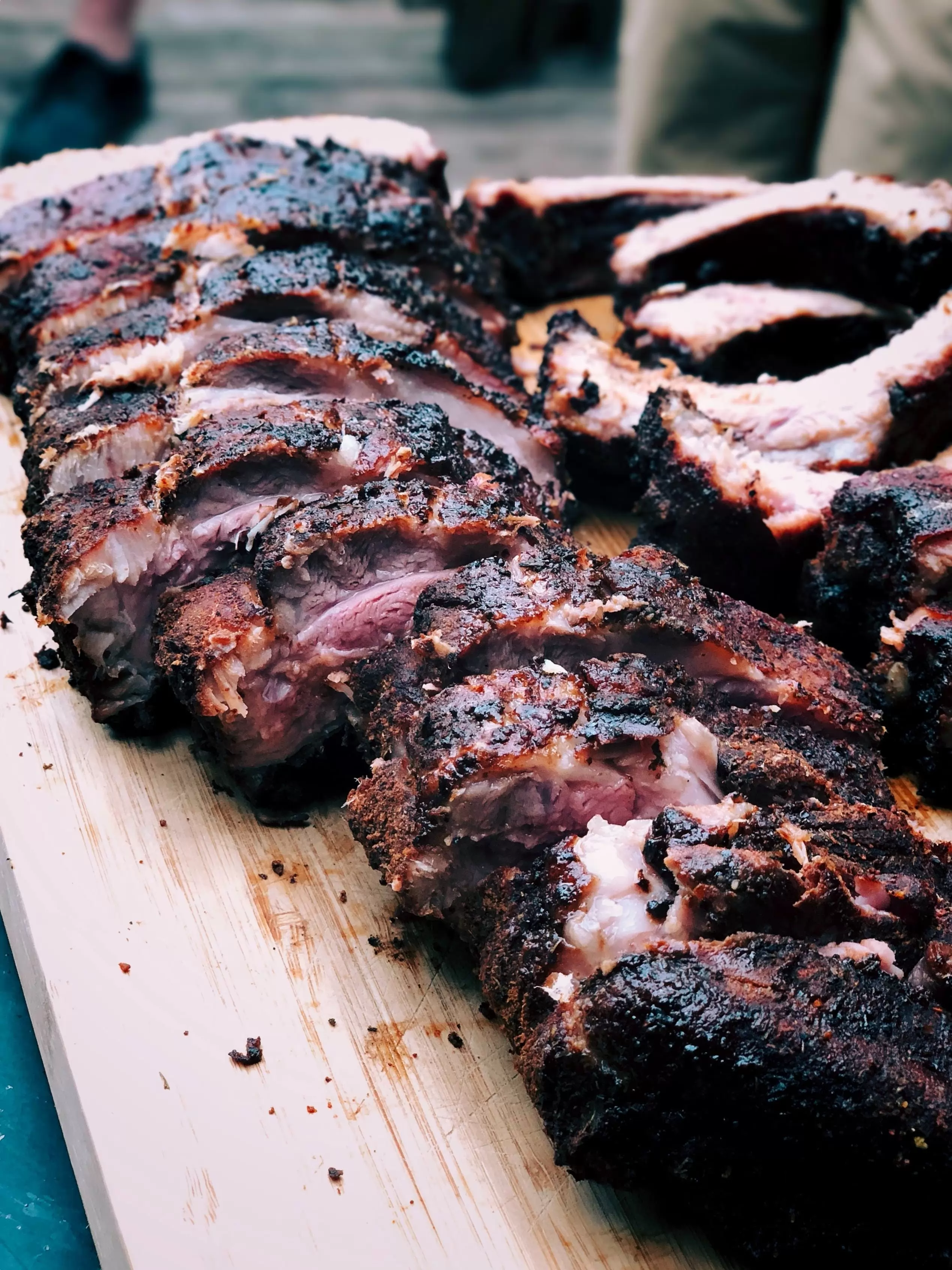




 Fleury Michon, the king of ham, bets on plant-based products with vegetable slices - 28/03/2024
Fleury Michon, the king of ham, bets on plant-based products with vegetable slices - 28/03/2024
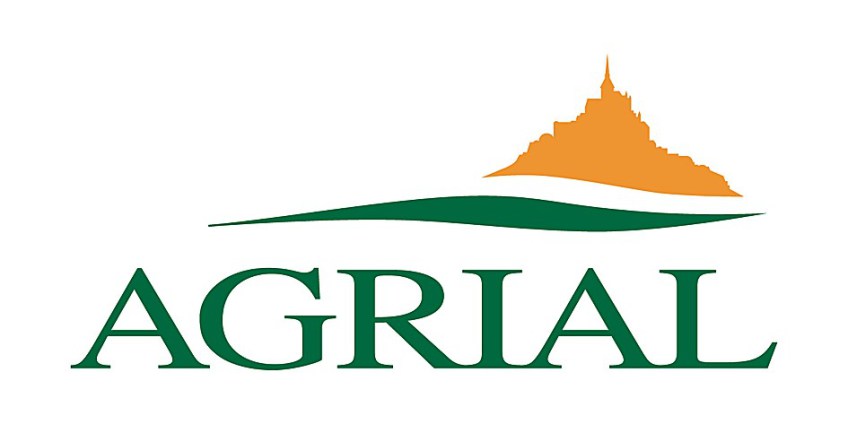 Agri-food: Agrial continues to grow after merger with Natura'Pro - 01/06/2023
Agri-food: Agrial continues to grow after merger with Natura'Pro - 01/06/2023
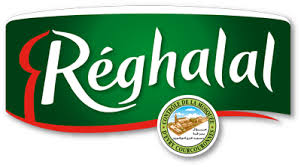 A new lease of life for the halal market - 08/02/2023
A new lease of life for the halal market - 08/02/2023
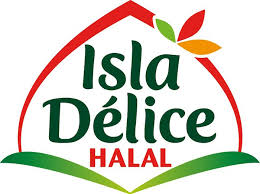 Isla delices will produce sausages and hams. - 03/05/2022
Isla delices will produce sausages and hams. - 03/05/2022
